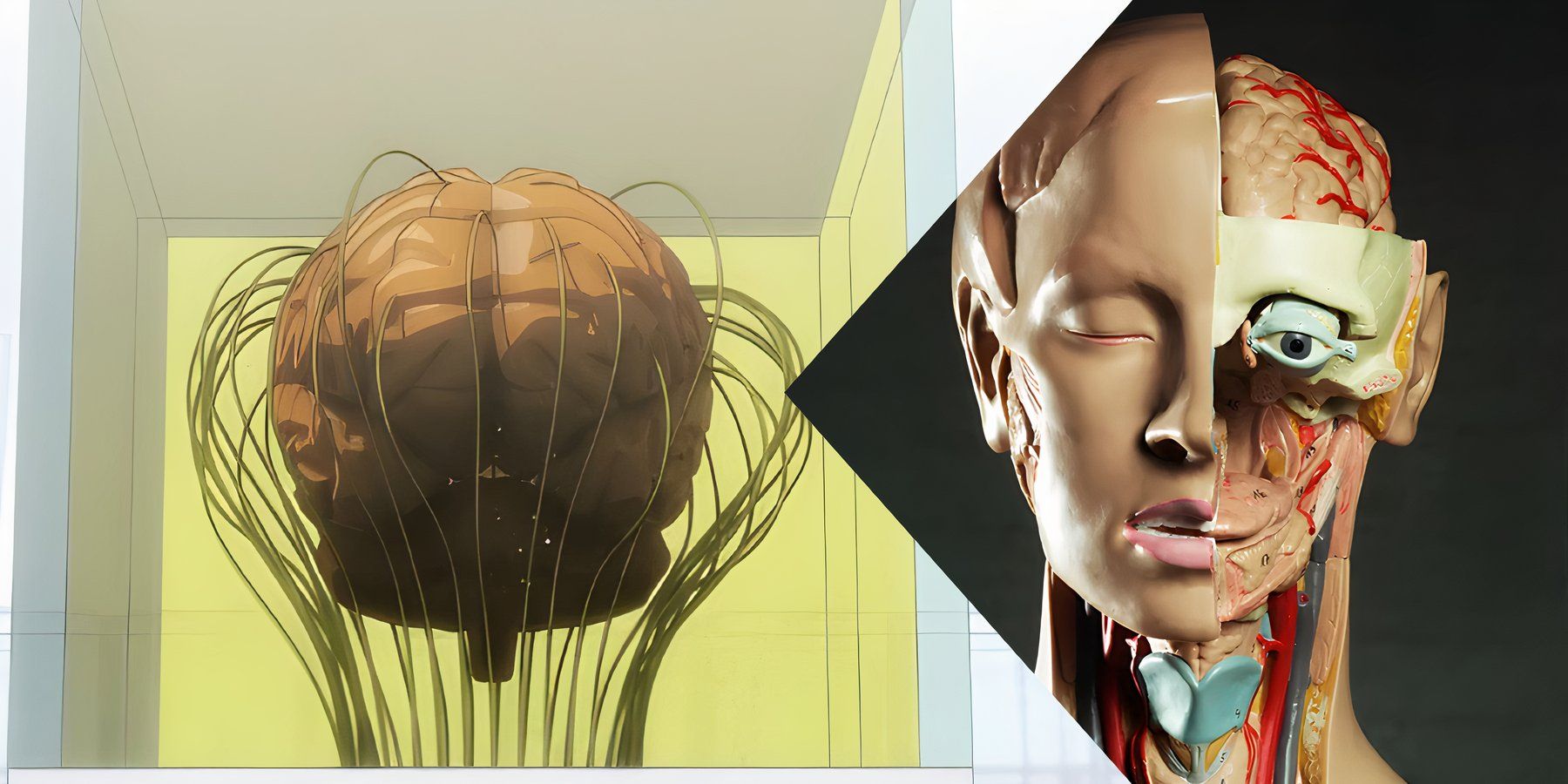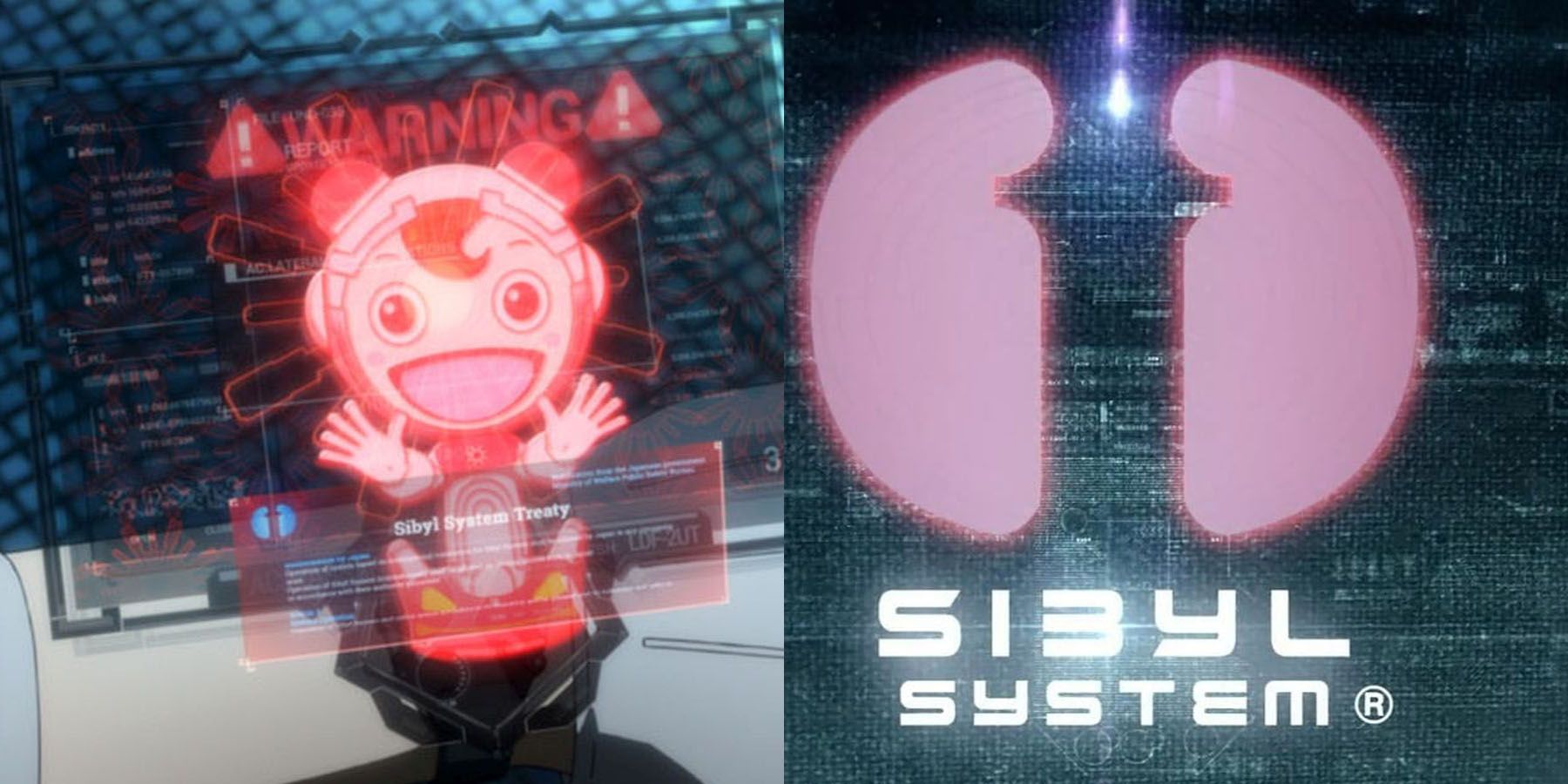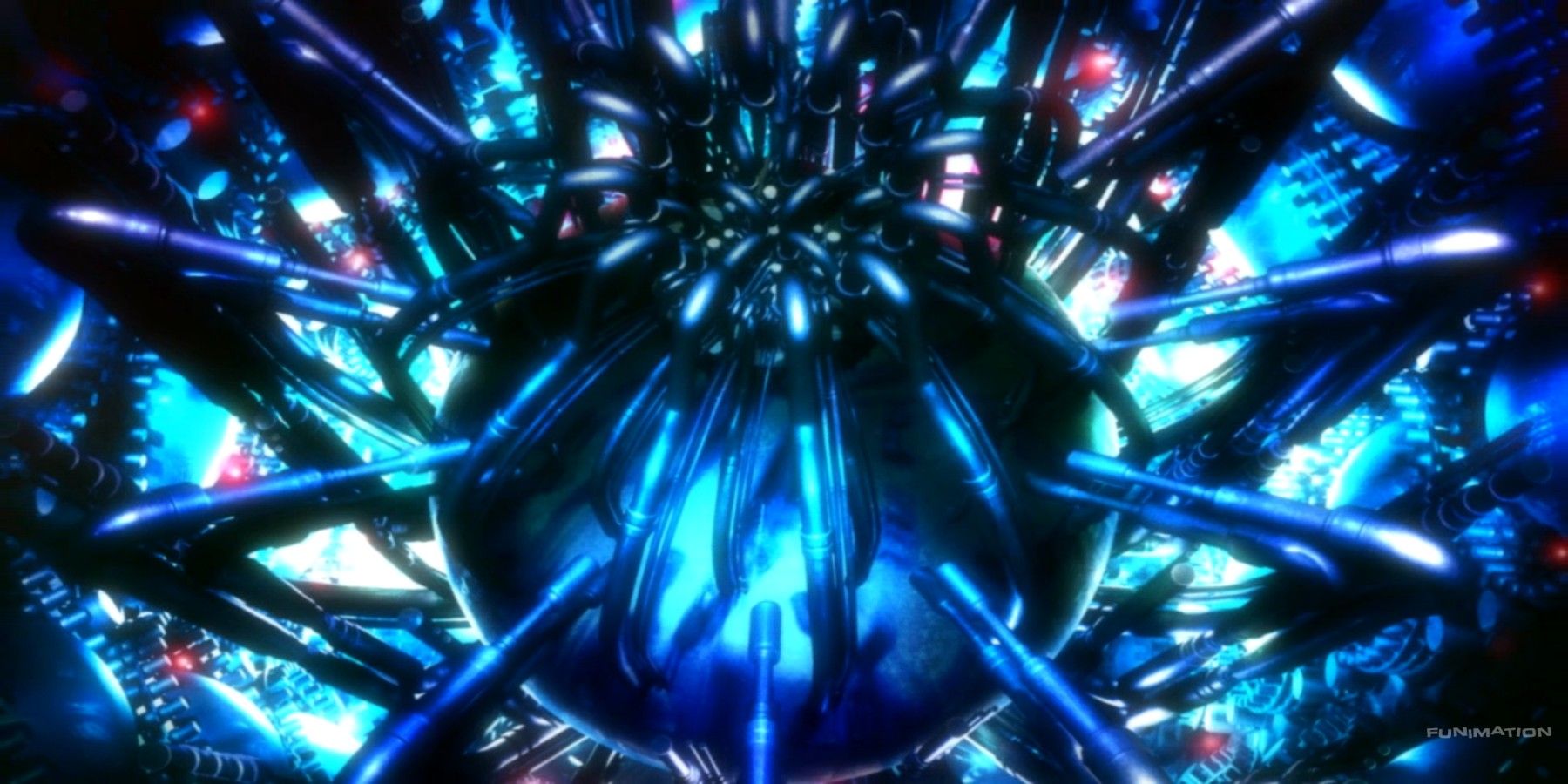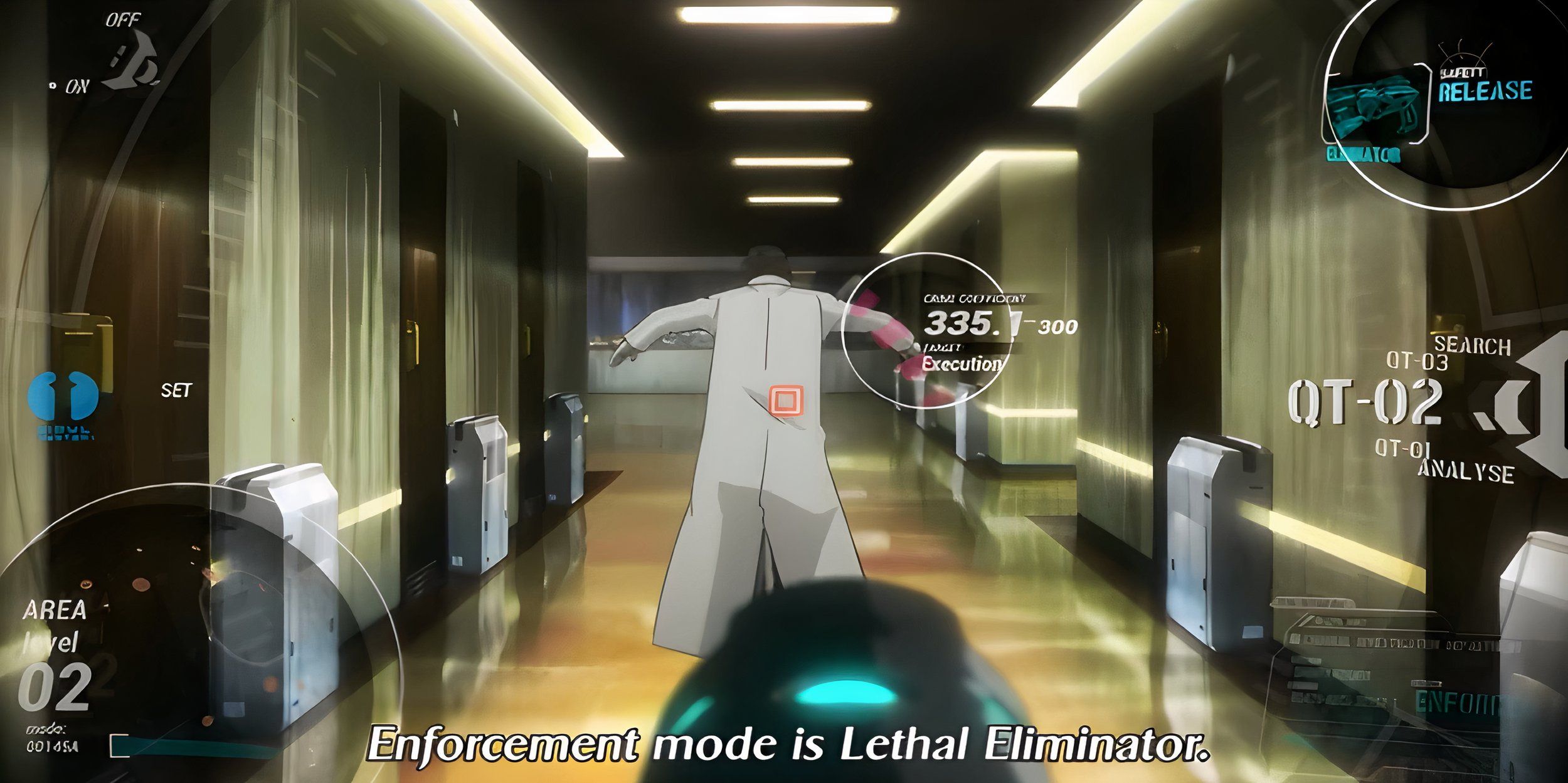
Key Takeaways
- Psycho-Pass reflects a dystopian society using AI, highlighting ethical dilemmas relevant to modern concerns.
- The Sibyl System’s biased AI serves as a tool of oppression, failing to grasp human complexity.
- The series warns against technological overreach and loss of humanity, urging ethical consideration in AI development.
As a technology enthusiast who has spent decades observing and participating in the ever-evolving digital landscape, I find myself deeply captivated by the narrative of Psycho-Pass. The show’s portrayal of a future where AI governs human behavior, albeit with good intentions, mirrors the current trajectory of technological advancement in our world today.
Psycho-Pass stands out as one of the most compelling portrayals of a future society ruled by technology, where order is enforced rigorously. The use of artificial intelligence in this show raises numerous ethical questions and challenges that mirror contemporary issues. This anime series uniquely blends thought-provoking narratives with an aesthetically captivating environment.
In a future Japan, the series Psycho-Pass revolves around the Sibyl System, a sophisticated AI-based mechanism that assesses individuals’ mental states using a measure called psycho-pass, predicting their likelihood for criminal activity and maintaining societal stability. Initially appearing utopian, the system soon reveals ethical and logical inconsistencies. The central tension between such a system and its potential pitfalls offers an insightful critique on the dangers of unregulated AI development.
The Sibyl System
A Complex AI with Flaws

In the world portrayed in Psycho-Pass, Sibyl plays a pivotal role, functioning as both judge and enforcer. This complex system evaluates citizens’ mental states, assigns them a “crime coefficient” that predicts their likelihood of criminal activity, and determines appropriate responses such as rehabilitation or lethal force in extreme cases. What truly sets the Sibyl System apart from other AI portrayals in media is its chilling methodology: it is not just digital; rather, it’s powered by human brains, particularly those of undetected psychopaths who cannot be judged through traditional means. This blend of organic and artificial intelligence makes it a unique and unsettling entity.
But the biggest flaw in the Sibyl System, however, is that it is just a very biased and severely flawed moral compass. It tries to make a completely safe society and does not provide an account for complex human feelings and gray areas of morals. Quite a number of innocents are found out as latent criminals with a heightened level of stress, while actual criminals might be left undetected if their psychological setup remains intact. This inability of the system to understand human complexity highlights its deficiencies and turns it from a tool of order into one of oppression.
AI as the Villain
Foreseeable Future?

Psycho-Pass sets itself apart from many other anime by portraying its artificial intelligence as the antagonist rather than a human-like adversary. The Sibyl System, which claims to preserve harmony in society, paradoxically breeds tension and discomfort instead. This is an intriguing twist within the genre, where an AI designed for humanity’s salvation has become its oppressor. In doing so, it strips individuals of their free will and subtly controls their lifestyles.
It’s not uncommon for society to fall short of doing what’s morally correct. That’s all the more reason for each one of us to strive to lead upright, ethical lives instead. – Akane Tsunemori (paraphrased)
Through their struggles against the system, characters like Shogo Makishima serve as personifications within the story. Makishima’s actions challenge the Sibyl System, exposing its inherent flaws and raising ethical questions about AI governance for both viewers and main characters alike. This theme underscores the rebellion against authority, serving as a warning against placing unquestioned faith in technology, a message that resonates powerfully in today’s world.
Mirroring Real-World AI Concerns
We Might Be Heading Towards The Inevitable

In the anime series Psycho-Pass, its futuristic AI technology serves as a thought-provoking parallel to modern-day advancements in artificial intelligence. As AI begins to influence hiring, legal matters, and law enforcement, the moral quandaries portrayed in this show start to mirror real-world issues. The use of algorithms for behavior prediction or risk assessment mirrors practices like predictive policing, where AI scrutinizes data for potential hazards. However, similar to what we see in Psycho-Pass, these systems may exhibit biases that spark worries about fairness and responsibility.
In essence, the anime series Psycho-Pass shares many thematic similarities with the film “Minority Report” from the early 2000s. Both stories revolve around prediction systems designed to eliminate crime – the Sibyl System in Psycho-Pass and the PreCrime System in “Minority Report”. However, they each approach this goal with a chilling moral complexity. The Sibyl System evaluates criminal tendencies based on mental states, while the PreCrime System uses Precogs’ visions to foresee future crimes. Both systems circumvent traditional justice by punishing individuals for potential actions rather than actual ones. In a society governed by an ethically ambiguous AI, personal data becomes a tool for preemptive punishment, which could lead to a gradual erosion of individual freedoms and create a dystopian environment where the principles of fairness and justice take a backseat. The cautionary tales in these stories serve as stark reminders of the potential pitfalls in relying too heavily on such predictive systems.
As these technologies become more integrated into our daily lives, the potential risks they pose, such as mass surveillance, data privacy concerns, and errors in algorithms, are becoming increasingly tangible: issues like these are causing significant societal strain in a fictional world depicted in Psycho-Pass. This series serves as a cautionary tale about a future where people may trade freedom for the convenience of technology, a scenario that grows more possible with each advancement in AI. The show encourages us to ponder the ethical implications of AI before it’s too late.
The Warning in Psycho-Pass

In simpler terms, “Psycho-Pass” warns us about the dangers of excessive technological advancement and potential loss of human values. The Sibyl System, at its core, represents an idealized future, but this series highlights how technology can be used to manipulate and control people. It emphasizes the importance of establishing safeguards and ethical guidelines when developing AI, to ensure that it serves humanity rather than dominates it.
As we ponder upon this imagined future, it grows increasingly chilling when juxtaposed with our current reality; as societies grow more reliant on AI, the likelihood of encountering similar predicaments also increases. The thought-provoking anime series, Psycho-Pass, tackles many of these concerns and invites us to scrutinize the role technology plays in our lives and stay vigilant against its potential misuse. In essence, it serves as a pertinent warning that while AI holds great potential, an unchecked usage could lead to a bleak future strikingly similar to the one portrayed.
Read More
- EUR CAD PREDICTION
- XRP PREDICTION. XRP cryptocurrency
- EUR ARS PREDICTION
- EUR MYR PREDICTION
- LUNC PREDICTION. LUNC cryptocurrency
- USD RUB PREDICTION
- CHR PREDICTION. CHR cryptocurrency
- POL PREDICTION. POL cryptocurrency
- SAFE PREDICTION. SAFE cryptocurrency
- OKB PREDICTION. OKB cryptocurrency
2024-11-28 03:34